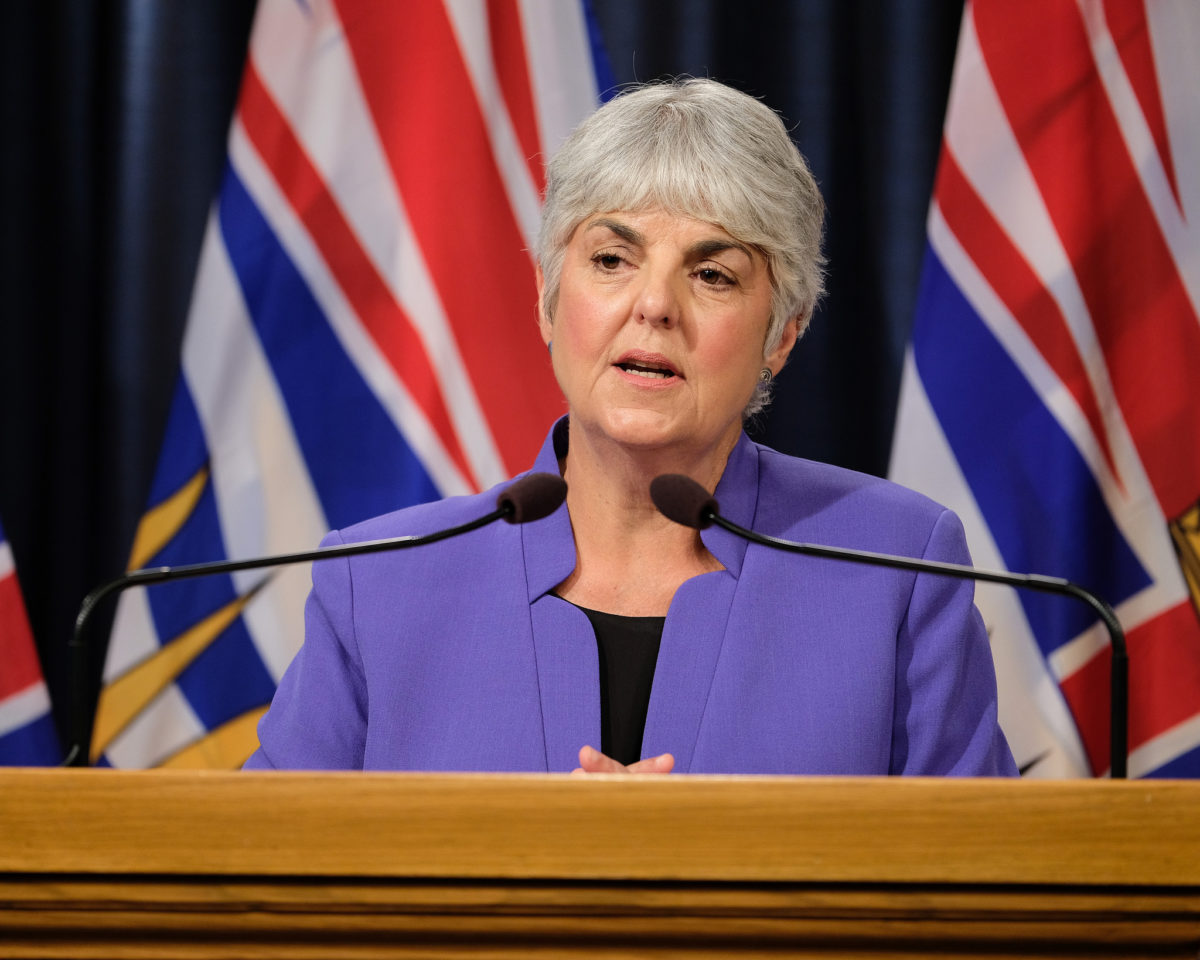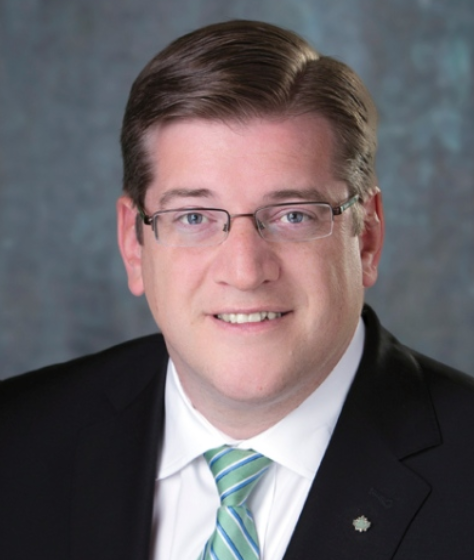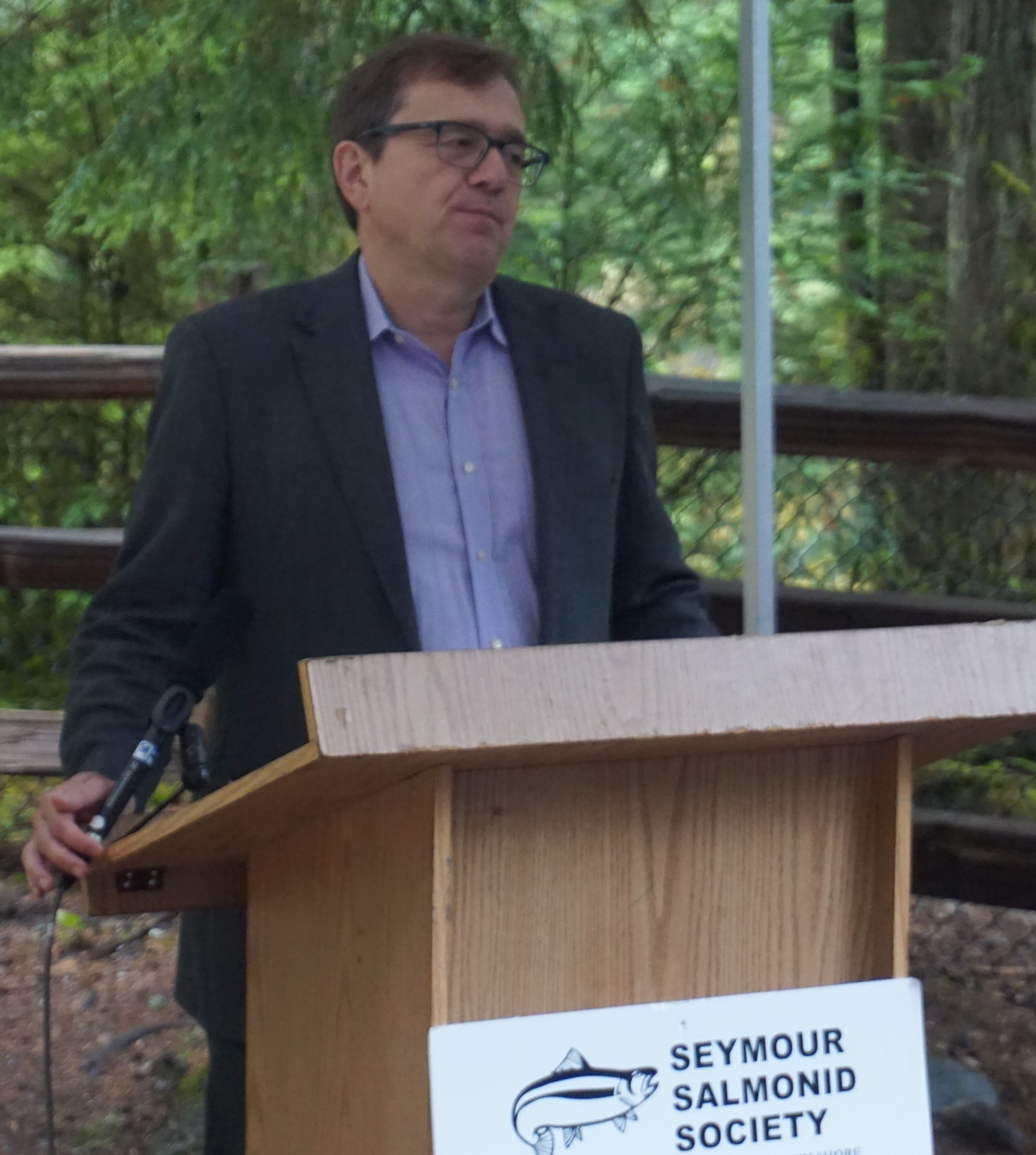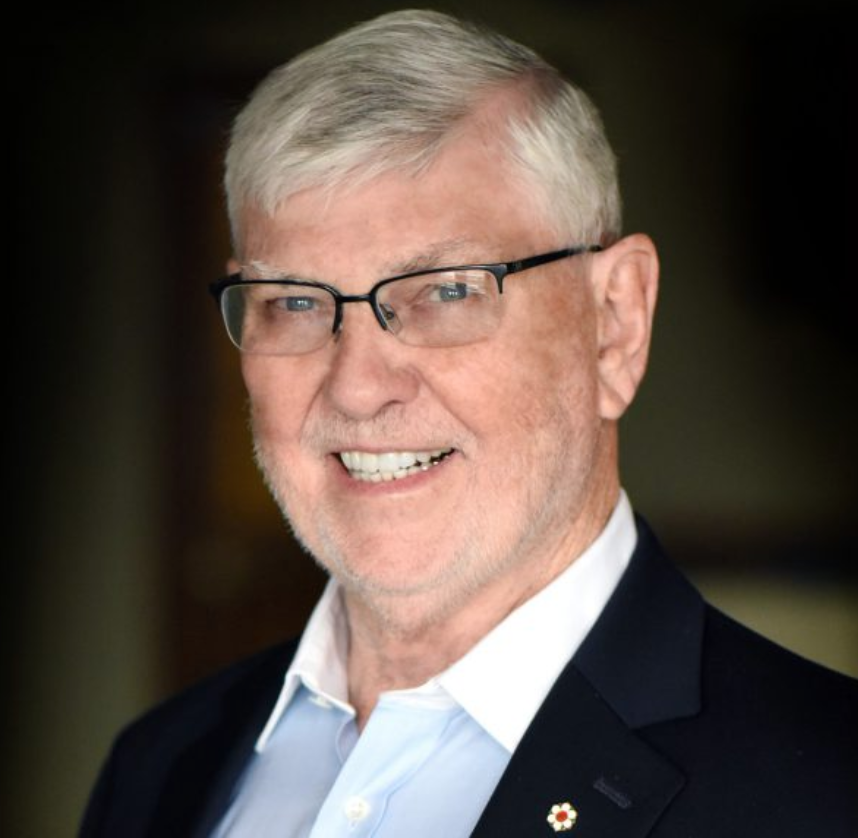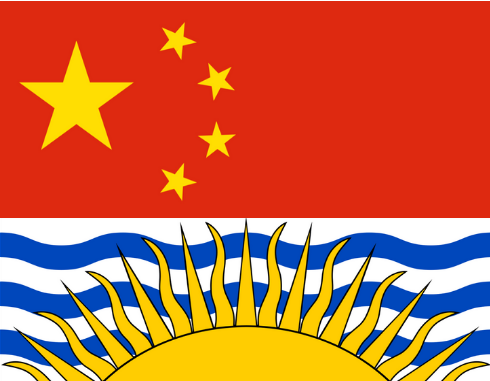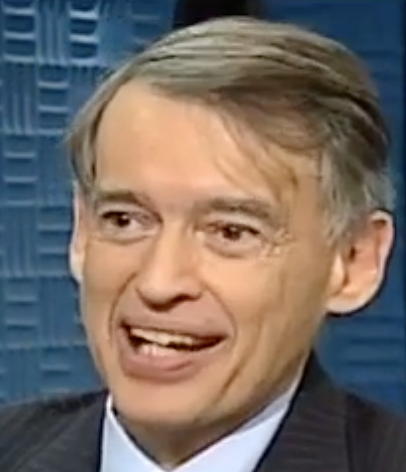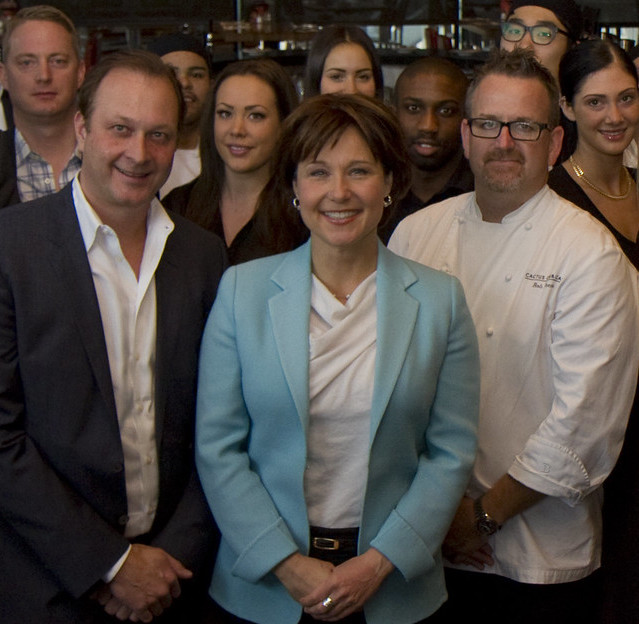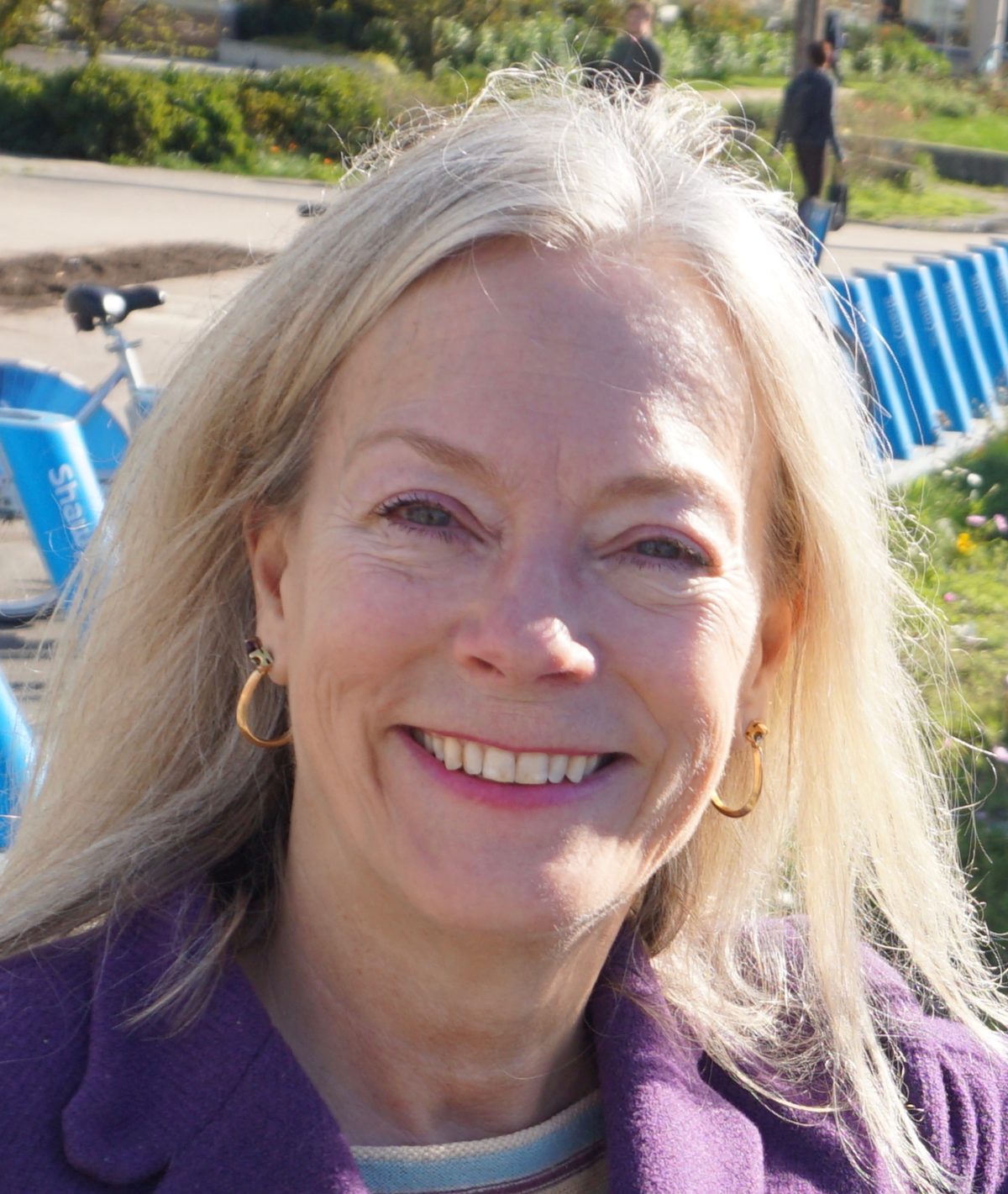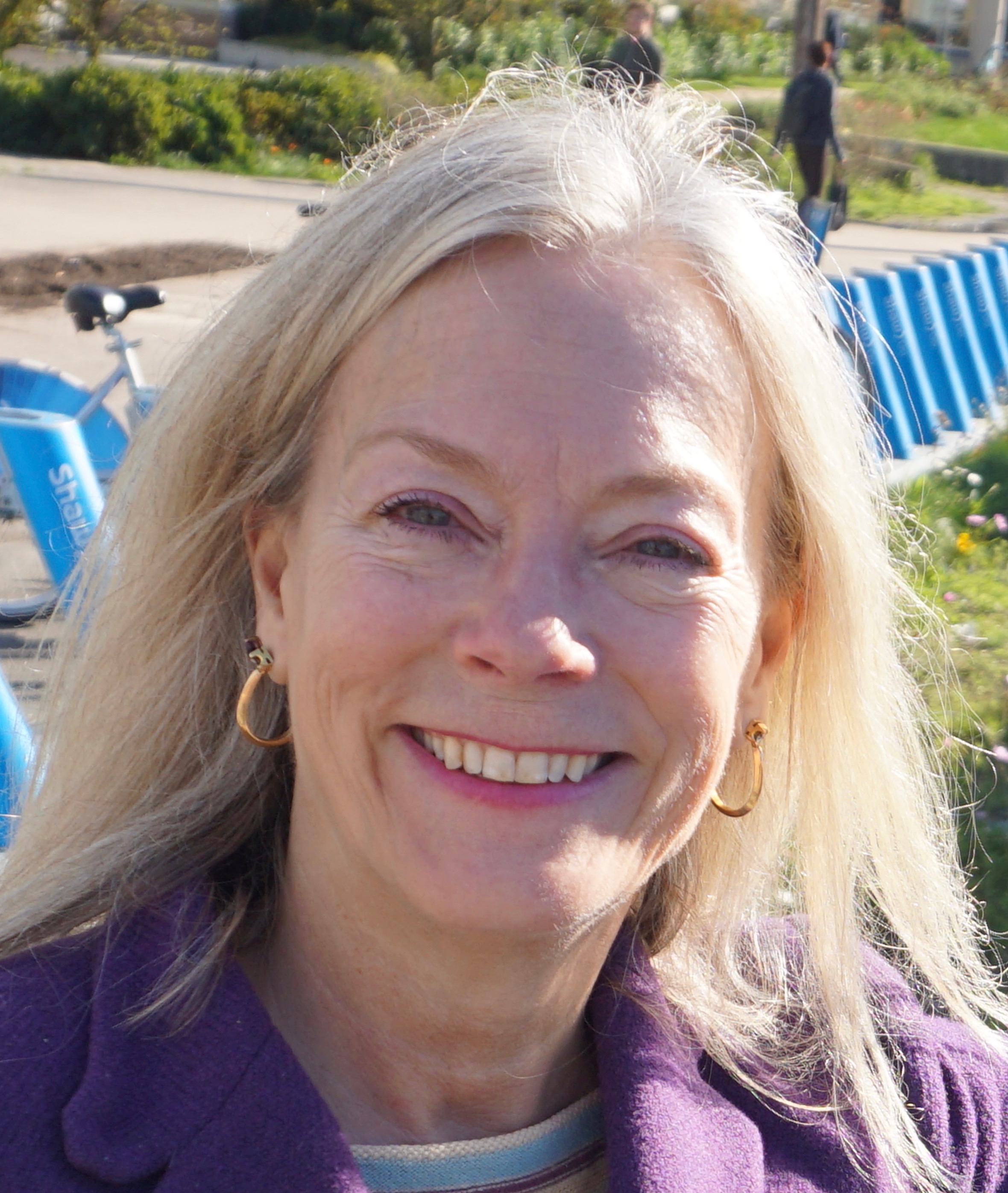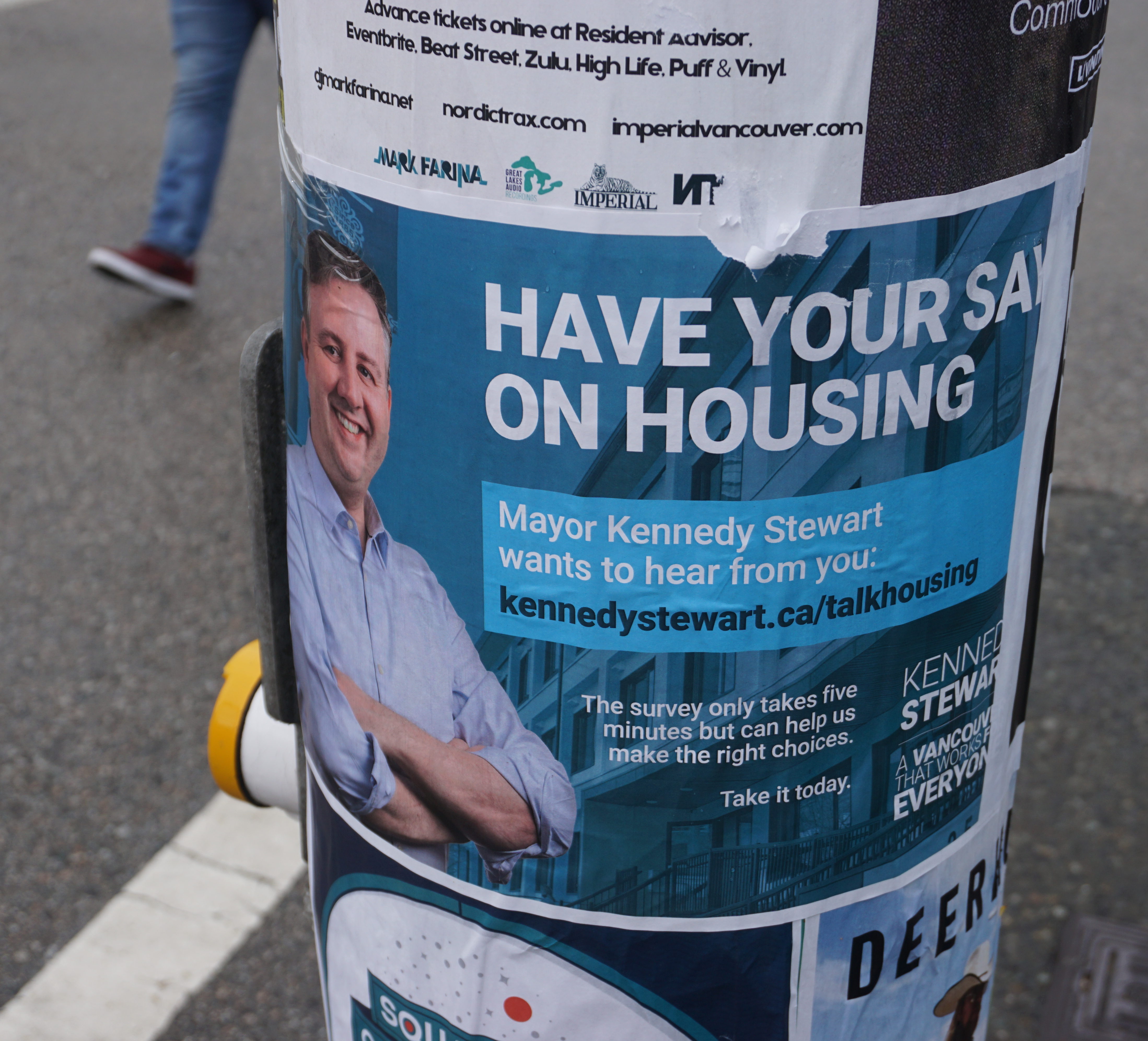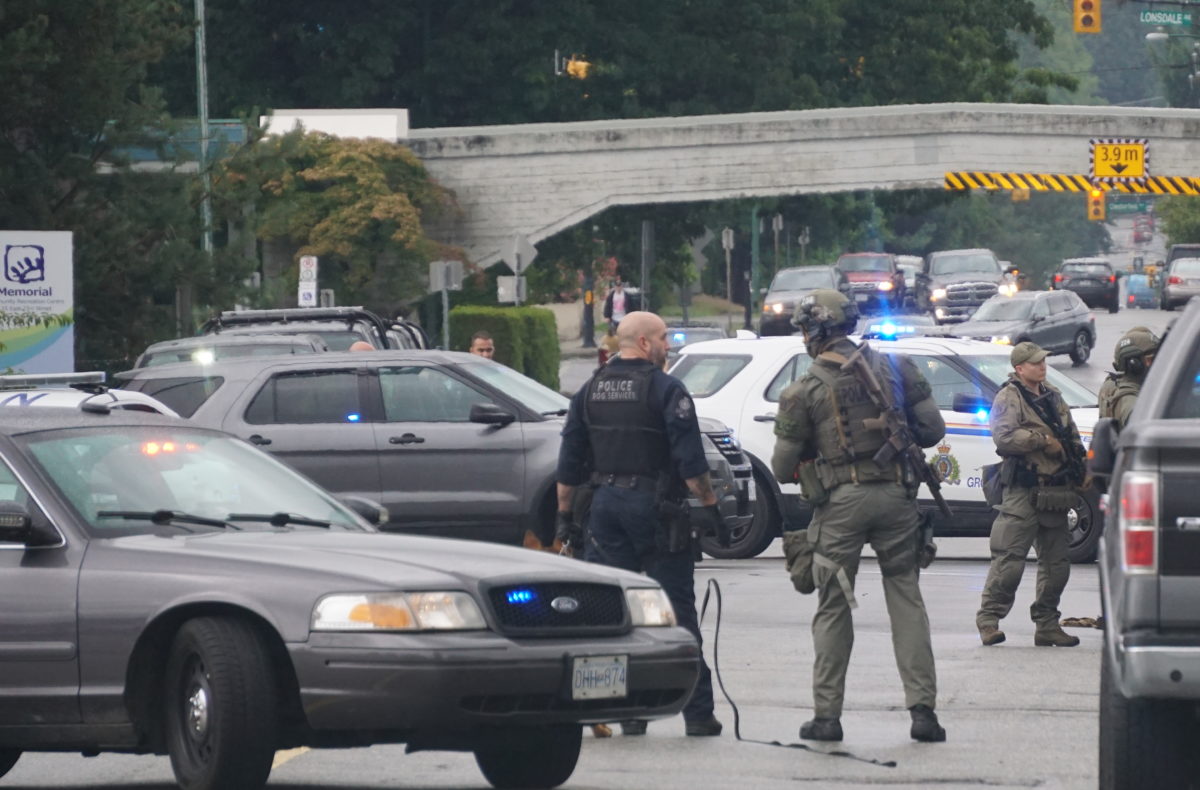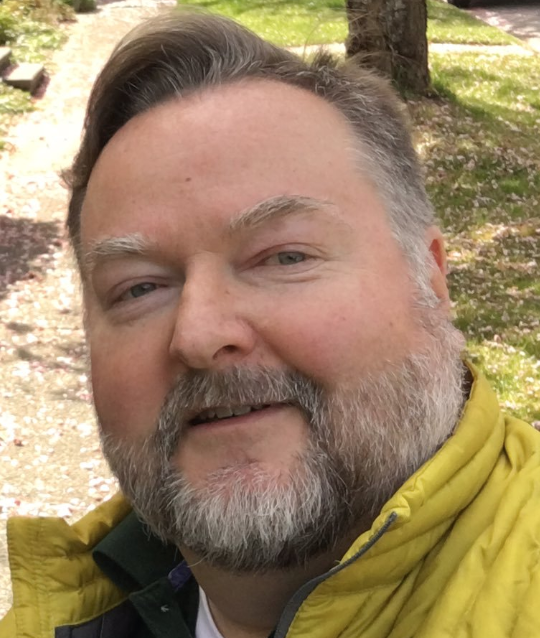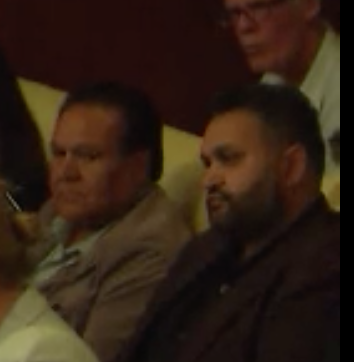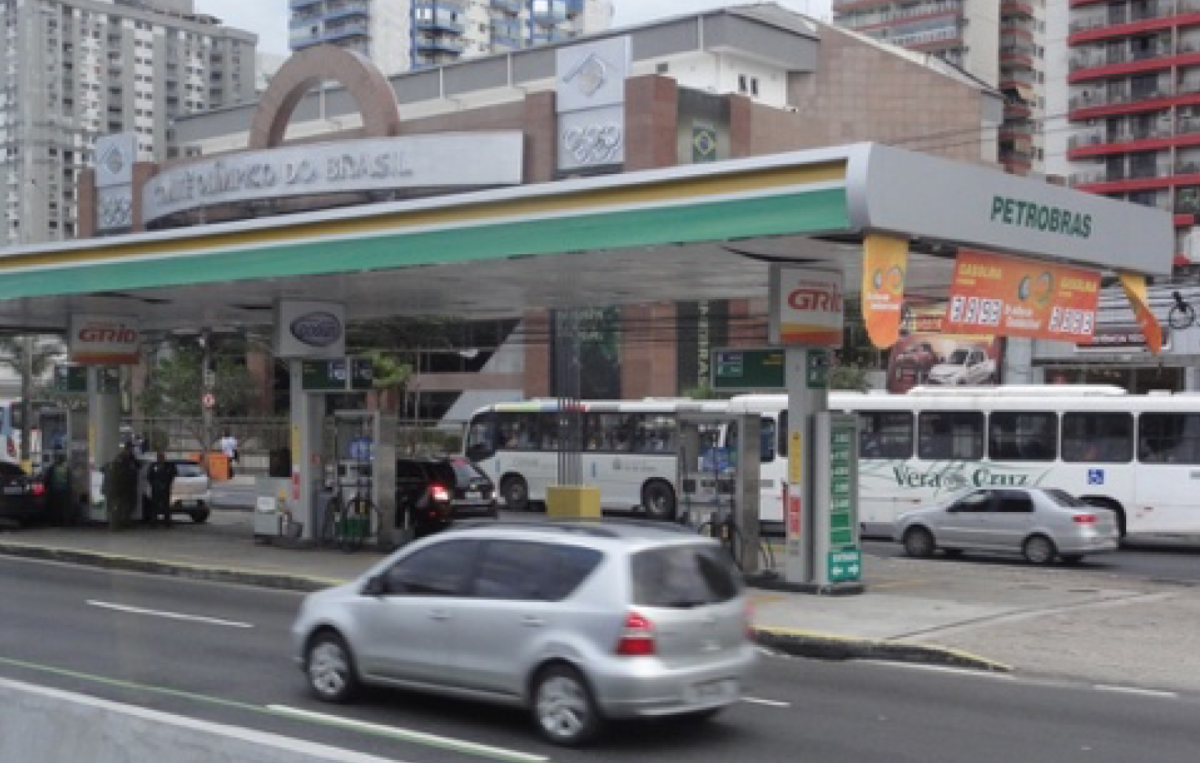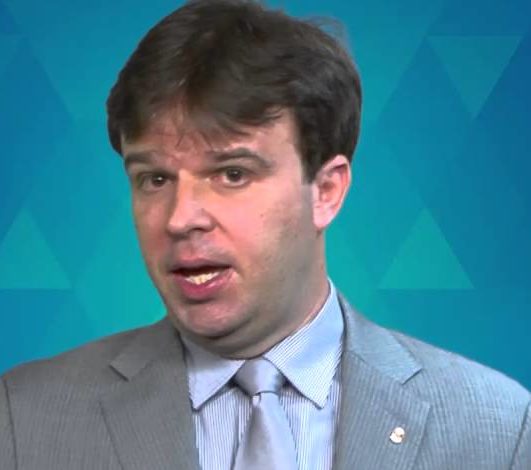Public Accounts highlights: NDP insider makes a million, while BC Liberals blew $83K on photographer
Bob Mackin
The company that polls and datamines for NDP campaigns was paid almost $1 million by taxpayers during the year ended March 31, 2019.
Public Accounts show Stratcom (aka Strategic Communications) billed $825,390 to central government and another $156,844 to the Legislative Assembly for various projects, including internal polls, focus groups and secret reports to cabinet. Stratcom works for the federal NDP and was key to Gregor Robertson and Vision Vancouver’s three election wins.
The NDP government released the province’s sunshine list on July 18, the second anniversary of Premier John Horgan and cabinet’s swearing-in.
theBreaker.news asked Finance Minister Carole James, whose ministry includes Government Communications and Public Engagement, about the payments to the Bob Penner-led company that is inextricably linked to the governing party.
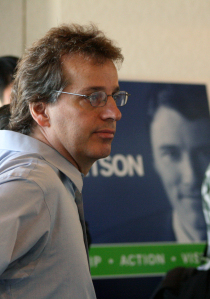
Stratcom boss Bob Penner and a Vision campaign sign (Penner)
“Each of the contracts that’s put out goes through a public process, there are vendors who are approved and then become the vendors that continue to be used,” James said. “There is a range of them, Strategic Communications is one of them.”
NOW Communications Group, the party’s ad agency, billed the government $161,193 and the legislature $129,002.
The BC Liberals spent $82,670 on former Globe and Mail photographer John Lehmann. Lehmann became the party’s photographer in late 2016. His pay last year was $20,000 more than what the BC Liberal government paid Kyle Surovy to be Christy Clark’s photographer and videographer.
Another company that had ties to the Clark government, Kimbo Design, billed the Legislature $32,970. Meanwhile, the digital ad agency that works for leader Andrew Wilkinson’s constituency office, Motiontide Media, billed the Legislature $33,184.
The retired-in-disgrace ex-Clerk, Craig James (no relation to the finance minister), remained the top-paid person in the B.C. Legislature. He took-in $328,409, which was less than the $347,090 from the previous year.
James’s last day was Nov. 20, 2018 when he was suspended and escorted off the property. On May 15, he retired the night before he was going to be fired for misconduct in the Legislature.
Sergeant-at-Arms Gary Lenz is also under an RCMP investigation and a Police Act investigation. He was paid $226,467 last year, but remains paid under suspension.
James’s interim replacement, Kate Ryan-Lloyd, received $243,432. Executive financial officer Hilary Woodward was paid $202,789. By comparison, the finance minister’s pay was $158,269.
Who were B.C.’s highest-paid public servants through March 31, 2019?
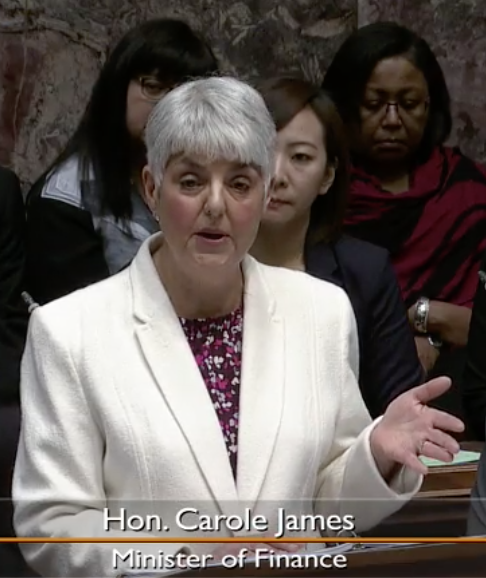
Finance Minister Carole James, Feb. 19, 2019 (Hansard)
Powerex CEO Thomas Bechard ($938,499); UBC president Santa Ono ($601,772); BC Hydro president Chris O’Riley ($554,900); PavCo CEO Ken Cretney ($472,951); ICBC CEO Nicholas Jimenez ($468,783); UBC provost/vice-president Andrew Szeri ($444,415); SFU president Andrew Petter ($439,910); University of Victoria president James Cassels ($432,979) and BC Hydro executive vice-president Mark Poweska ($422,746).
theBreaker.news asked James about the optics of three BC Hydro executives and one from ICBC being among the top 10 and earning pay raises while British Columbians pay higher power and car insurance rates.
“Each of those organizations are accountable for the salaries,” James said. “There have been some changes, which has created some salary changes in different areas, ICBC being one of those for example, changes when government changed.”
Employment at taxpayer-supported Crown corporations and agencies increased.
There were 5,076 in 2018, which became 5,258 in 2019.
B.C. Transit was the biggest employer with 960 full-time equivalent positions, up from 910. BC Housing (802) and BC Assessment (710) were next.
B.C. Pavilion Corporation, the operator of B.C. Place Stadium and the Vancouver Convention Centre, registered a modest $469,000 profit on $132.5 million revenue.
A closer look shows the $5.4 million B.C. Place loss was more than offset by the $6.01 million profit for the convention centre.
B.C. Lottery Corporation transferred $1.39 billion to government coffers after bringing $2.59 billion revenue from lottery, bingo, casino and online gambling losers.
ICBC reported a loss of nearly $868 million. The Crown auto insurer earned $5.95 billion revenue, but lost $1.027 billion on insurance operations. BC Hydro ended up $428 million in deficit after more than $6.57 billion revenue.
Support theBreaker.news for as low as $2 a month on Patreon. Find out how. Click here.
Bob Mackin The company that polls and datamines






